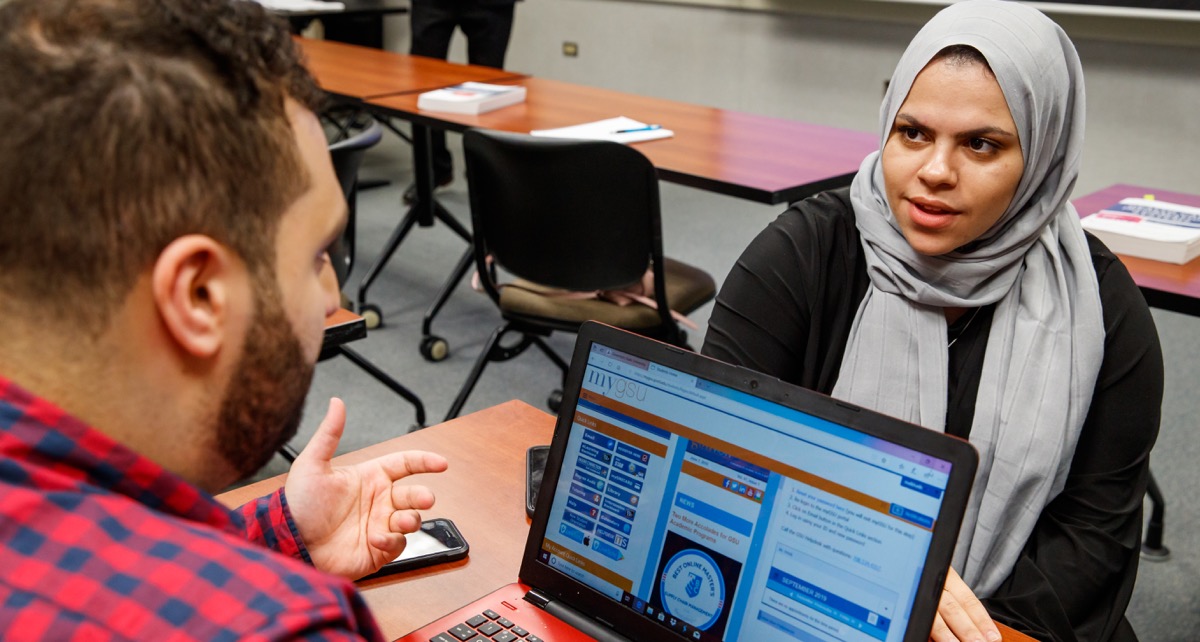
Teaching international college students can present unique challenges for instructors, as these students may have different cultural backgrounds, language abilities, and prior educational experiences.
Some of the unique needs of teaching international students include:
- Cultural sensitivity: International students may come from a variety of cultural backgrounds, and instructors should be aware of and sensitive to any cultural differences that may affect their learning.
- Language support: Many international students may not be fluent in the language of instruction, and may need extra support in understanding the course content and participating in class discussions. This can be provided through language support services, teaching assistants or peer tutors.
- Curricular adjustments: International students may have different educational backgrounds and experiences, and instructors may need to make adjustments to the curriculum to ensure that all students are able to understand and engage with the material.
- Support for adjustment to a new environment: International students may need extra support to adjust to a new culture and environment, and may benefit from resources such as counseling services, mentorship programs, or cultural adjustment workshops.
- Familiarization with American educational system: International students may not be familiar with the American educational system, and may need extra support in understanding the expectations and norms of the college environment.
- Flexibility: International students may have different schedules or responsibilities due to visa restrictions, cultural practices, or other factors. Instructors should be flexible and accommodating with international students and work with them to find solutions that work for everyone.
- Encourage interaction and collaboration: Encourage interaction and collaboration between international and domestic students. This can be done by creating opportunities for them to work together on projects, assignments, or other activities. This can help to foster mutual understanding and respect and can also benefit both groups of students.
By addressing the unique needs of our students, we can help to ensure that international students have a successful and positive experience in the classroom.